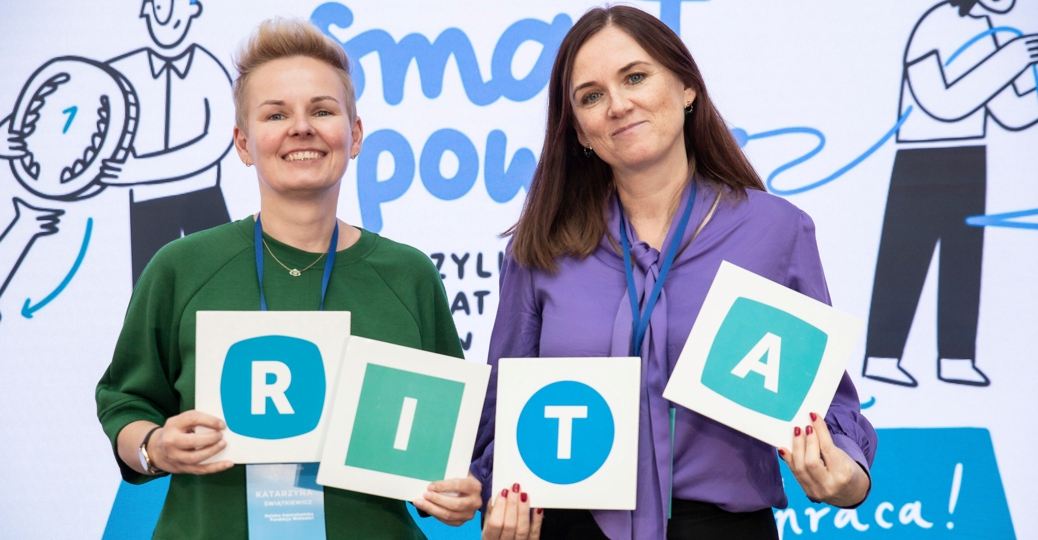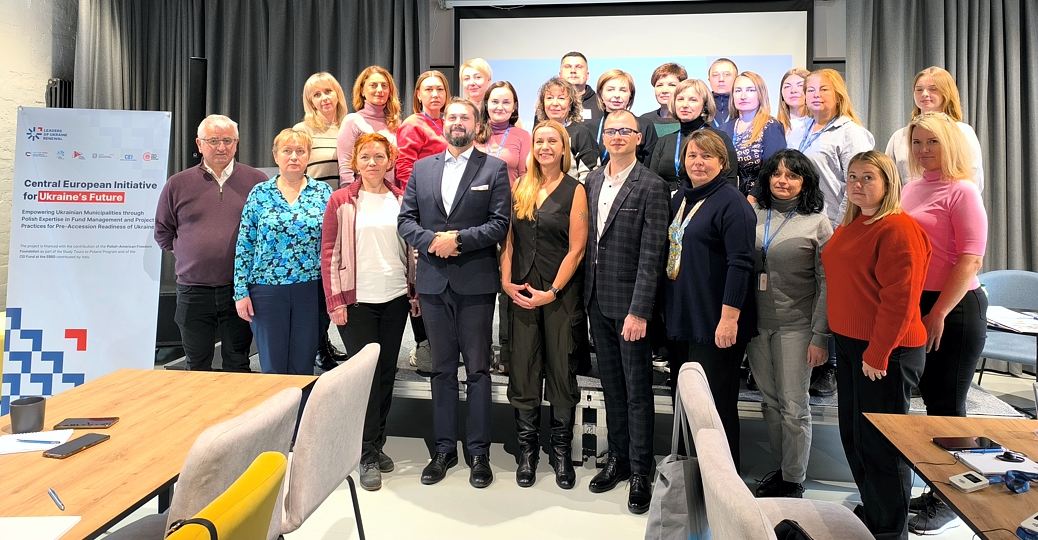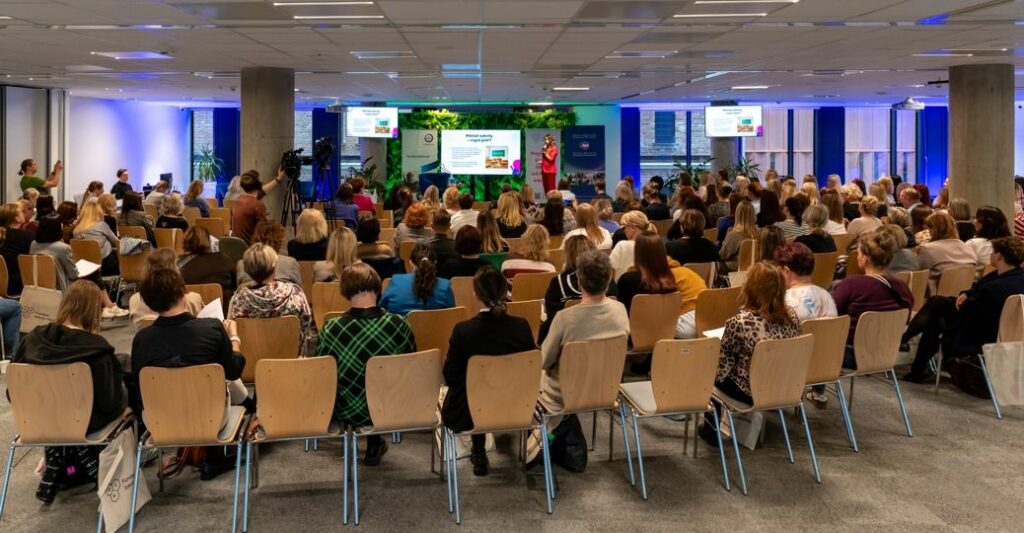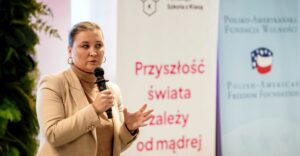Does the school environment affect the mental resilience of students and teachers? How can we create a school that supports well-being of the entire community? These issues were discussed at the conference during the inauguration of the “Fostering Resilience in Children and Youth” program which took place on October 10, 2025, in Warsaw, bringing together over 200 participants from 170 schools from all over Poland.
The conference was opened by Agata Łuczyńska, President of the School with Class Foundation. Marianna Hajdukiewicz, Program Director of the Polish-American Freedom Foundation, also welcomed the participants, emphasizing the symbolic dimension of the inauguration of activities on World Mental Health Day: “More and more children are experiencing loneliness, low mood, and lack of motivation. The pandemic, the war in Ukraine, the climate crisis, and social instability are exacerbating these difficulties. School is a place where young people’s emotions, relationships, and self-esteem are shaped. Our goal is to build a safe space for students.”
In her speech, Dr. Aleksandra Tłuściak-Deliowska, professor at the Academy of Special Education, discussed the importance of the school climate for strengthening the resilience of the entire community and the role of the teacher in this process. The expert pointed out that the school climate is multidimensional – it includes psychological and physical safety as well as the quality of teaching. Research shows that schools with supportive atmosphere promotes better results, greater motivation, and intellectual curiosity among students, while lack of relationships leads to behavioral problems and a sense of helplessness.
The “Fostering Resilience in Children and Youth” program was designed to strengthen school community step by step without placing an additional burden on teachers. The program’s methodology is interdisciplinary – it draws on psychosocial sciences, the experience of educators and psychologists, and the 23 rounds of the School with Class program to date.
The participating schools begin by identifying the areas they will work on and conducting a self-diagnosis to help them better understand the challenges they face.
“In our program, we build resilience through small but significant actions, creating climate conducive to the proper functioning of the school community. With the support of moderators, schools first identify needs and then organize a discussion about resilience with students and teachers to get to know each other better and strengthen relationships. Then, with a little help from teachers, students plan projects that have a positive impact on everyday school life. Throughout the year, they practice small resilience-building activities that become a habit. Finally, they share the results during a project festival,” explains Magdalena Plewowska-Semik, coordinator at the School with Class Foundation.
Teachers play a key role in the program. Participants in the “Mental resilience in times of change. the role of schools in building mental resilience” panel discussion emphasized that much depends on the teachers’ attitude, their way of responding, and their ability to maintain balance. They pointed out that although the responsibility is great, teachers do not have to be indestructible. In building resilience, it is important to be authentic in relationships and sincere in intentions.
The School with Class Foundation, the Manager of the “Fostering Resilience in Children and Youth” program, supports teachers by offering teaching materials, webinars, and training. It shows that even small actions – pair conversations, reflection exercises, talking openly about difficulties, or searching together for simple solutions – can build school climate that promotes resilience and supports the school community.
The “Fostering Resilience in Children and Youth” program, implemented since 2024, is an undertaking of Polish-American Freedom Foundation that aims to strengthen the mental resilience of children and young people. The aim of the program is to develop the skills of teachers and educators who, working with the youngest children, are increasingly faced with their low mood, low motivation, loneliness, and lack of self-esteem. The program is implemented in cooperation with the School with Class Foundation.





























